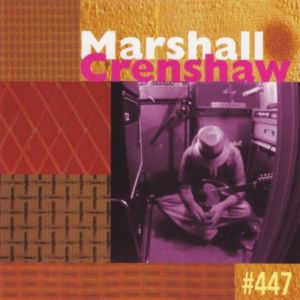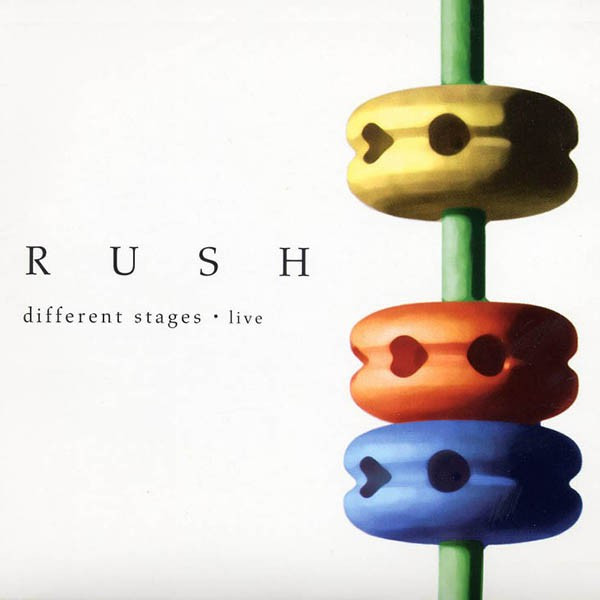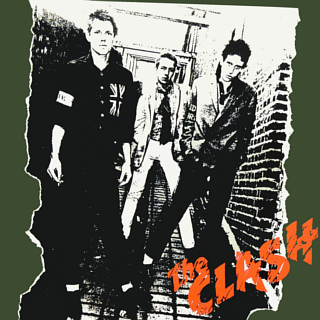Possibly the best and certainly one of the smartest bands of the original punk era was the Clash. Besides looking good, they had the chops to back up their lyrics, most of which began as indictments of contemporary society. But they didn’t happen organically; Joe Strummer was the chosen name of a former folkie who called himself Woody, and Mick Jones was an unabashed Stones fan, right down to his Keith Richard style. Every punk band needed an incompetent bass player, and Paul Simonon—who just reeked of cool—learned his instrument while they were recording their eponymous debut. (Drummer Terry Chimes quit before the album was released; he’s credited as “Tory Crimes” on the sleeve.)
The energy starts immediately on side one, with “Janie Jones” establishing Joe Strummer’s voice. “Remote Control” is sung nearly unison with Mick Jones, but it’s the power chords you notice. “I’m So Bored With The U.S.A.” fits the Sex Pistols mode, but cleverly changes key for the chorus. Speaking of clever, “White Riot” is a different recording of their first single, the lyrics going by so fast the social comment isn’t clear. “Hate And War” presents some of the power pop The Jam were trafficking in, while these ears hear “Deny” as a clear influence on the Pistols’ “Liar”. Former band member Keith Levene gets co-writing credit on “What’s My Name”; he would go on to join the former Johnny Rotten in PiL. And despite the title, “London’s Burning” mostly complains about traffic congestion.
“Career Opportunities” gets back to the concern of standard employment, with the armed forces as a lousy choice. “Cheat” amps up the anger with a lot of four-letter words and oddly flanged guitars, while “Protex Blue” is a sensitive recount of buying condoms. Just to show how well they stood out from the rest, their cover of the reggae hit “Police & Thieves” runs for six minutes, shows how far Paul Simonon had come on the bass, and points to their future. “48 Hours” goes by fairly quickly, and “Garageland” is a rather melodic riposte to those who questioned their talent.
Despite racking up huge sales as an import,
The Clash wasn’t officially released in America until after the band’s second album. Even then, Epic had to tamper with it, rejigging the lineup, dropping five tracks, and adding six, some of which were recorded after that second album. The recent “Clash City Rockers” single now kicks off the very different side one, sending “Janie Jones” to start side two. In a perverse move, “Remote Control” is followed by “Complete Control”, written as an angry response to record company interference. The original single version of “White Riot” is followed by the more recent “(White Man In) Hammersmith Palais”, another excellent exercise in reggae. Their cover of Bobby Fuller’s “I Fought The Law” would become even bigger than the original, and “Jail Guitar Doors” demonstrates Joe’s knowledge of rock trivia, at least when it came to drug use.
The changes make the US release of The Clash slightly more musically diverse than the mostly straight punk of the UK version, but even with the repetition, both are key. When the catalog was remastered in 2000, both versions were reissued on CD; today, the UK version has become the worldwide standard.
The Clash The Clash (1977)—3½
The Clash The Clash (US version) (1979)—3½




:format(jpeg):mode_rgb():quality(40)/discogs-images/R-9350795-1479067040-4862.jpeg.jpg)

:format(jpeg):mode_rgb():quality(40)/discogs-images/R-4304759-1361232758-7451.jpeg.jpg)